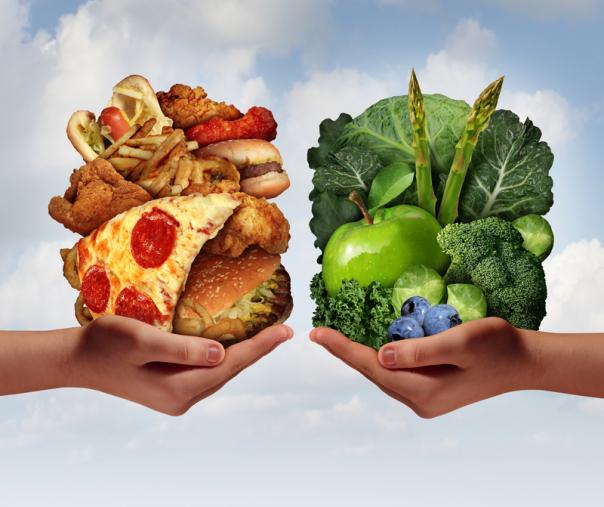
This compares with 11% of food secure households buying less fruit and 6% buying fewer vegetables. The research also found a fall in the number of food insecure households who report buying fish (59% now buying less) as well as dairy & eggs (52% now buying less).
Anna Taylor executive director at The Food Foundation, said: “It is hugely concerning to see that families experiencing food insecurity are now reporting that they are buying less fruit and veg. Often products with the worst health credentials that are high in fat, salt and sugar, or ultra processed are the cheapest option for those who are struggling to afford food to feed themselves or their families.
“We’ve seen that for this group, fruit and veg is often the first thing to be sacrificed. Everyone should have the right to a healthy diet that will enable them to thrive and policy makers need to step up and acknowledge that this health divide simply isn’t good enough in one of the richest countries in the world.”
The Food Foundation discovered that in January 2024, 15% of UK households were living in food insecurity. This is equivalent to approximately eight million adults and three million children. As a result of it being so difficult to eat healthily, poor diet is now the biggest risk factor for preventable disease, placing massive strain on the NHS.
The Food Foundation data shows that in January 2024:
- 20% of households with children reported experiencing food insecurity
- 45% of households in receipt of Universal Credit reported experiencing food insecurity
- 24% of households of non-white ethnicity are food insecure, they are 1.6 times more likely to be food insecure than white ethnicity (15%)
- 38% of households with an adult limited a lot by disability experienced food insecurity, 3.6 times more than households with adults not limited by disability (11%)
- 35% of single adult households with children have experienced food insecurity
- 15% of those in some kind of employment were food insecure, showing that being in work doesn’t guarantee that you’ll have enough money to afford food
Royal College of Paediatrics and Child Health President Dr Camilla Kingdon, added: “As a paediatrician I find this data deeply worrying. When I talk to parents, they already know what food will provide their children with the best nutrition – but so many consistently report how expensive it is to buy fruit and vegetables.
“Parents are often left with no option other than to buy cheaper highly processed food that is high in both salt and sugar. Child health outcomes are worsening across the board and I have no doubt that food scarcity and subsequent poor nutrition play a big role in this. Our children have the right to a happy and healthy childhood, and that means access to nutritious, sustainable foods.”